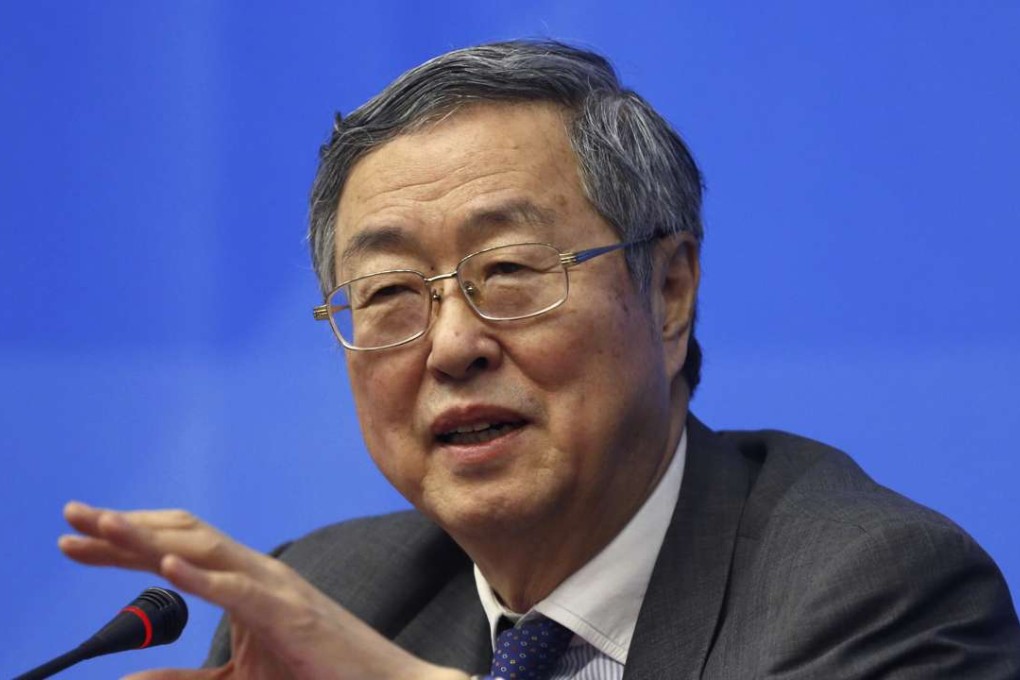Breaking | China to stick to stable yuan against currency basket, says central bank chief
Zhou Xiaochuan underscores Beijing’s ongoing commitment to keeping currency’s value steady

The value of the yuan would remain stable against a basket of currencies, central bank chief Zhou Xiaochuan said on Sunday on the sidelines of the G20 meeting of finance ministers and central bankers in Chengdu.
Speaking to the South China Morning Post, Zhou, the longest-serving central bank chief among those of the Group of 20 nations, said currency stability was the key message on China’s yuan policy.
He also underscored Beijing’s commitment to “a managed floating exchange rate” system, in an apparent move to defy one-way betting on the yuan’s future movement.
Japanese Finance Minister Taro Aso said on Saturday he was closely watching China’s economy and the decline in the value of the yuan, Reuters reported. Aso said he agreed with US Treasury Secretary Jack Lew about the need for structural reform in China and transparency on the yuan.
Zhou’s comments came before the world’s major economic policymakers again pledged to stay away from “competitive currency devaluations” as part of a global coordinated response to weak economic growth and financial market turmoil.